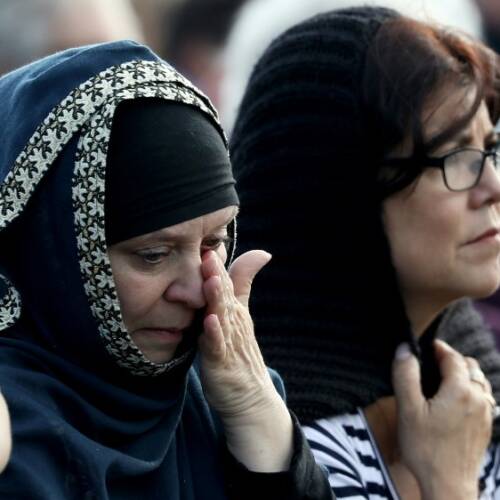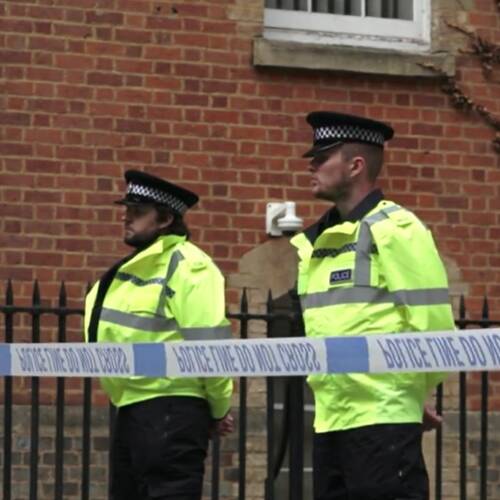
Reading Stabbing Ruled as Terrorism, But Questions Remain
22 Jun 2020Reading was shaken this Saturday after a man stabbed a group of people in Forbury Gardens Park, killing three of them. Two of the deceased victims have been identified as James Furlong, a history teacher and Joe Ritchie-Bennet, an American citizen working for a pharmaceutical company. The suspect has been identified as Khairi Saadallah, a 25-year-old originally from Libya. Officials said that they are treating the incident as “terrorism”.
However, as more details about Saadallah’s background emerge, there remain many questions about what exactly motivated the attack.
The attack took place in Reading on Saturday
The bloody attack took place in Reading’s Forbury Gardens Park on Saturday evening. According to the police, they were called on to the area at 19:00 following news that a number of people were stabbed. Upon arriving in the area, a police “rugby-tackled” the suspect down. The suspect, identified as 25-year-old Khairi Saadallah, was arrested under Section 41 of the Terrorism Act 2000.
Following the attack, police announced that they are treating the incident as terrorism. Citing security sources, the BBC also reported that Saadallah, who is a refugee from Libya, was known to the MI5. He reportedly came to the attention of officials back in 2019. At the time, however, he was not determined to be a threat.
No more details were provided on why Saadallah’s attack was treated as terrorism or which groups, if any, he had links to.
Saadallah’s motivations remain a mystery
Given Saadallah’s background as a Libyan refugee, most observers have filled in the gaps themselves by linking the attack to “Islamist” extremists, most likely Daesh which has favoured lone-wolf stabbing attacks like that carried out by Saadallah.
However, friends and family of Saadallah say that the man, far from being an “Islamist” radical, was actually afraid of them.
“He was at risk of extremists in Libya because he liked to drink and socialise and didn’t really lead a strict religious life at all,” said a cousin of his who still lives in Libya, expressing disbelief that he was involved in such an incident. Indeed, his cousin also said that Saadallah had converted to Christianity about two or three years ago, going to church regularly and getting a cross tattooed on his arm.
While there have been other “Islamist” extremists who came from a background of lapsed practice, such as Omar Mateen who attacked the Orlando Pulse nightclub in 2016, practically none had converted to Christianity (or any other religion).
Indeed, friends of Saadallah, such as Daniel Sandford and Kieran Vernon described him as a “normal, genuine guy”. “He seemed like me or you. Whenever we used to meet up we used to talk about drinking whiskey and how different ganja affects the different thinking of mind…And that’s pretty much all we’d chat about,” said Vernon.
Sandford, meanwhile, noted that Saadallah had anger issues and had once threw a television from a top floor window. He also said that Saadallah was regularly visited by a mental health key worker.
“He did get in trouble in England and could be aggressive but I can’t ever imagine him getting drawn into something as serious as this,” his cousin confirmed.
These questions will remain unanswered until police reveal more about why the incident was treated as terrorism, or what motivated Saadallah to commit such a senseless, violent act. Police are continuing to question the 25-year-old who remains in custody under the Terrorism Act.








